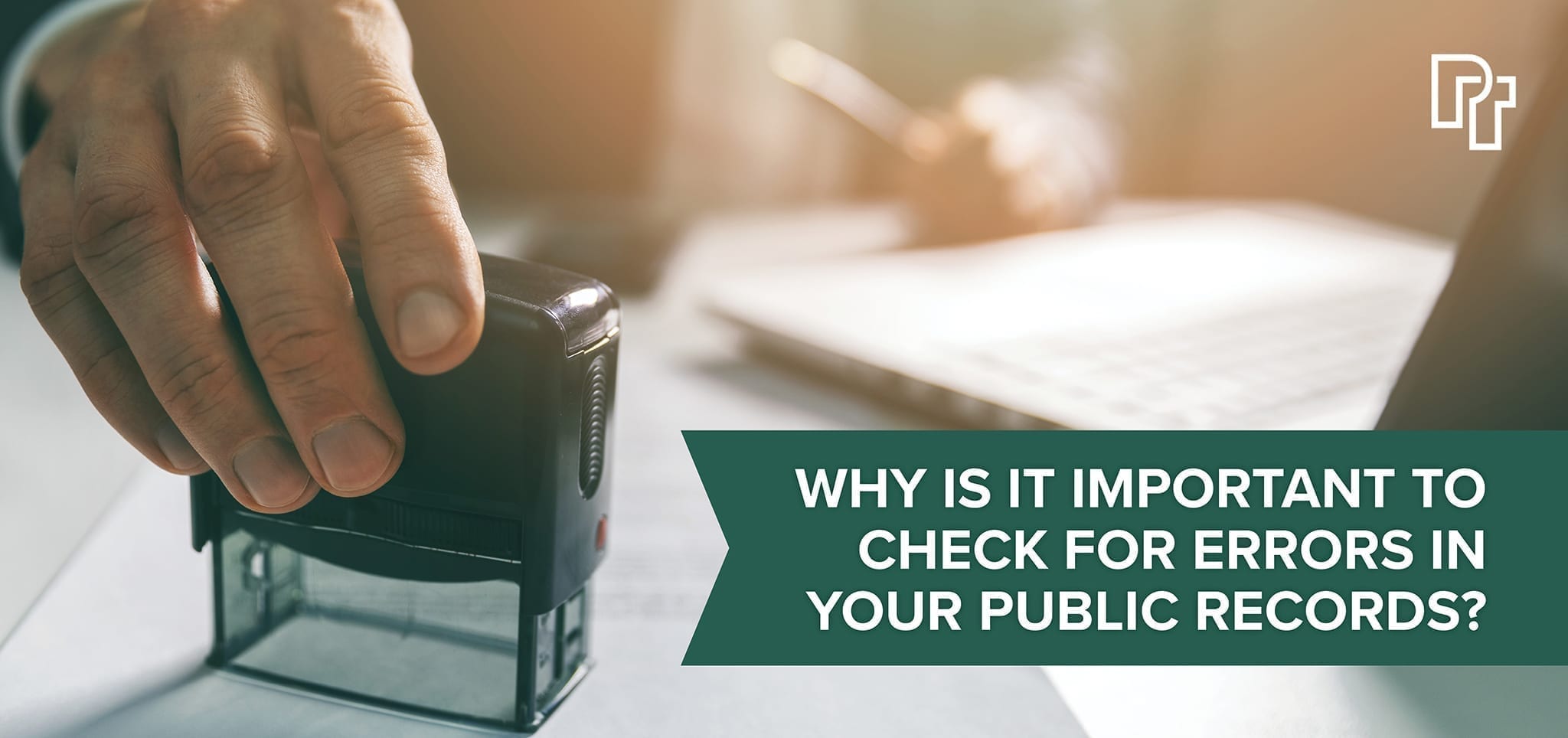Errors in public records can be devastating for homeowners. They can affect the deed or survey of a property and cause severe financial strain to resolve. But human errors in public records are common.That’s why it is so important to check for mistakes early in the real estate transaction process.
How Errors in Public Records Impact Title
Title companies perform title searches to check the public records for any defects and errors that may impact closing on a real estate sale. They look for any mistakes in a property’s purchase history to determine whether or not a property’s title is free and clear of defects. Common defects they look for include unknown heirs, forged documents and unknown liens.
But simple errors in public records, like filing and clerical errors can be just as devastating.
For example, if a recorded document mistakenly shows the square footage of a house as being smaller than it actually is, the buyer could have issues securing a loan for the amount needed to purchase the home. Or, if a property document fails to show changes to a property, such as a pond or a shop, the value of the home can be negatively affected, complicating things down the road in the process.
Unfortunately for buyers and agents, errors like this are quite common. Title companies report that in more than one-third of all real estate transactions they must undertake “extraordinary work” to address title issues, writes Sandy Gadow, author of “The Complete Guide to Your Real Estate Closing” and a former title officer and licensed real estate agent.
Some of the most common errors in public records include incorrect legal descriptions, misspelled or incorrect names, missing notary seals, missing witnesses, and defective acknowledgments.
How to Resolve Public Records Mistakes
If a public records search turns up any issues, no matter how small, they will have to be resolved before the title can be cleared to a buyer. To correct mistakes, the owner of the property will need to reach out to the public records office to start the process. In most cases, the current owner is the only person who can request any changes to public property records be made.
Public records can be amended by recording a corrective deed. This type of document does not convey title but corrects a specific error while confirming the transfer of property in the original deed. Minor errors can also be corrected with an scrivener’s affidavit if the correction is simple and straightforward. The document serves as notification of the error in the recorded deed and can be executed by someone other than the parties on the original instrument.
But all of this extra cost and headache can delay a closing. Buyers and agents alike don’t want something as minor as a misspelled name to halt a real estate transaction. That’s why the public records search is so critical and it should be done at the start of the transaction.







